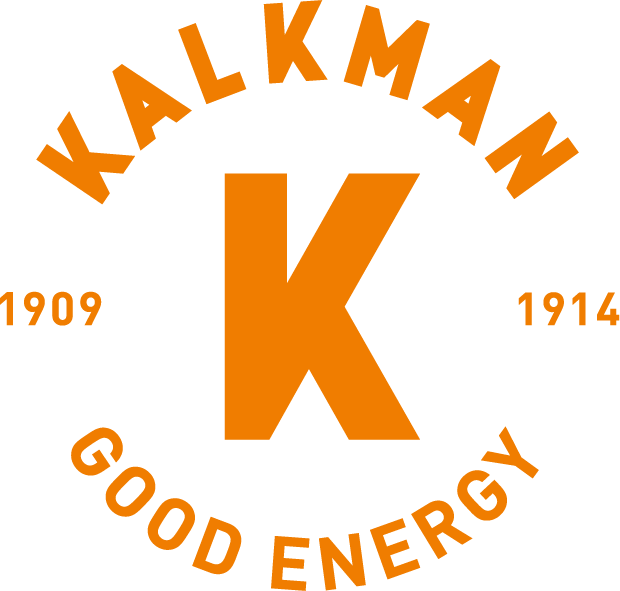
Grape Juice: Nature's Answer to Ultra-Processed Sports Drinks
The world of sports nutrition is increasingly dominated by ultra-processed products. These products promise hydration, energy, and recovery, but often come with a laundry list of artificial additives, refined sugars, and chemicals. For athletes looking to balance health and performance, natural options like grape juice offer a healthier, more effective alternative. This article will explore the benefits of grape juice over ultra-processed foods, explain why it’s healthier, and even put the sustainability into realistic perspective.
What is ultra-processed food?
Ultra-processed foods are foods that have been highly processed in a factory, with additives such as preservatives, flavor enhancers, artificial colors, and refined sugars. Many traditional sports drinks and energy bars fall into this category. While they provide short-term energy, they can have negative effects on your health, such as inflammation, increased risk of chronic disease, and digestive upset.
Grape juice, on the other hand, is a pure and unprocessed product. It comes from nature instead of a laboratory. They offer benefits from nature that ultra-processed products cannot and will never be able to match.
1. Natural carbohydrates for energy
Athletes rely on carbohydrates as their primary energy source. Grape juice naturally contains glucose and fructose, two sugars that are quickly absorbed and replenish your glycogen stores. This makes it ideal for both long-duration efforts and shorter, intense workouts.
Why better than ultra-processed alternatives?
The refined sugars in sports drinks often provide a short energy spike followed by a sharp drop, leading to fatigue. Natural sugars in grape juice are absorbed gradually, providing a more stable energy supply.
Backed by research:
A study in the European Journal of Nutrition (2019) found that athletes who consumed grape juice were able to perform longer without exhaustion. This is due to the efficient absorption of natural sugars without the peaks and valleys that refined sugars cause.
2. Antioxidants: Protection against muscle damage and inflammation
Grape juice is packed with antioxidants, such as resveratrol and flavonoids, which help protect the body from oxidative stress. During intense exercise, free radicals are created, which can damage muscle tissue and cells. Antioxidants neutralize these free radicals and support recovery.
Why better than ultra-processed alternatives?
Most ultra-processed sports products contain little to no antioxidants. Instead, they often contribute to inflammation through their artificial ingredients and sugars. Grape juice offers natural anti-inflammatory benefits without the adverse side effects.
Research:
An article in the International Journal of Sport Nutrition and Exercise Metabolism (2020) confirmed that antioxidants such as resveratrol reduce muscle soreness and accelerate recovery after heavy workouts.
3. Protection against insulin resistance
One of the risks of ultra-processed foods is the impact on your blood sugar levels. Refined sugars can cause rapid spikes and crashes in your blood sugar, which can lead to insulin resistance in the long run.
What is insulin resistance?
Insulin is a hormone that helps glucose (sugar) from your bloodstream enter your cells, where it is used as energy. With insulin resistance, your cells respond less well to insulin, causing your blood sugar to remain high. This can lead to fatigue, weight gain, and in the long term, even type 2 diabetes.
Grape juice provides natural carbohydrates that are absorbed gradually, which ensures a more stable blood sugar level. This natural and steady release reduces the chance of insulin resistance.
Research:
According to an article in Diabetes Care (2018), a diet rich in natural foods and low in refined sugars contributes to better insulin sensitivity.
4. Digestive Benefits
Gastrointestinal complaints such as cramps, bloating or nausea are common in athletes who use traditional sports drinks. Research has shown that even 30 to 50% of endurance athletes regularly suffer from this. These complaints are often caused by artificial additives and too high a sugar concentration. Maltodextrin is often the culprit.
Grape juice is naturally gentler on the stomach. It also contains pectin, a fiber that can help soothe your digestion.
Why better than ultra-processed alternatives?
Ultra-processed sports products contain artificial sweeteners and additives that can disrupt the intestinal flora. Natural products such as grape juice support healthy digestion.
Research:
A review in Alimentary Pharmacology & Therapeutics (2017) showed that natural beverages cause less gastrointestinal burden than their synthetic counterparts.
5. Environmentally friendly?
The ecological footprint of grape juice is often smaller than that of ultra-processed sports nutrition. This is mainly due to less intensive production. Ultra-processed food requires extensive industrial processing, including the synthesis of additives and stabilisers. Grape juice, on the other hand, is pressed directly from grapes and undergoes minimal processing.
Conclusion
Grape juice is a powerful alternative to ultra-processed sports drinks. It offers:
- Constant energy through natural carbohydrates
- Antioxidants that aid recovery and combat inflammation
- Softness for the stomach, without artificial additives
- A more stable blood sugar level, which prevents insulin resistance
- It is a more sustainable option due to the production process, resulting in a lower ecological footprint, especially compared to ultra-processed sports nutrition.
